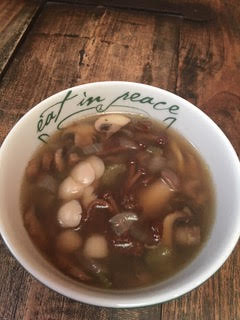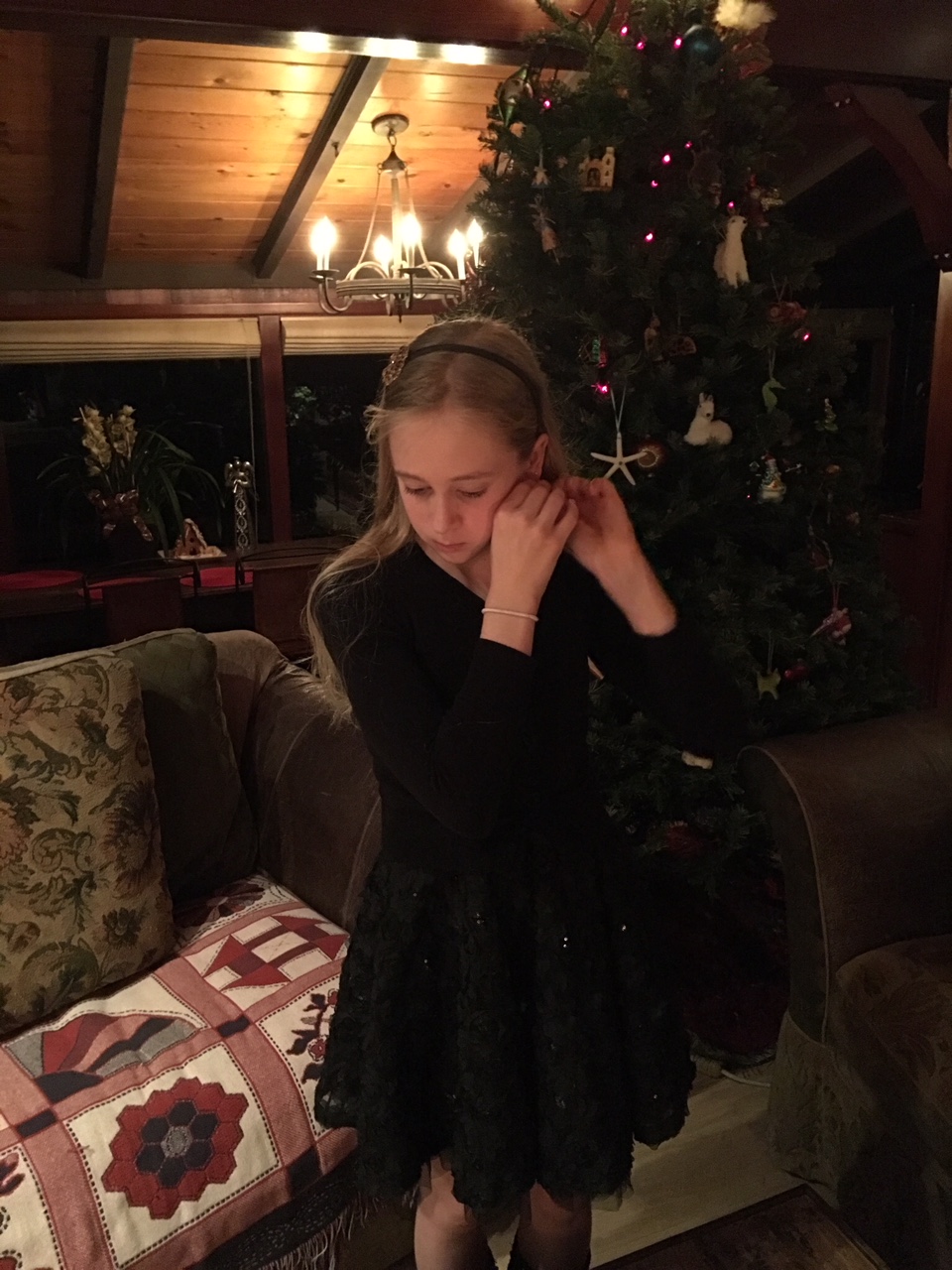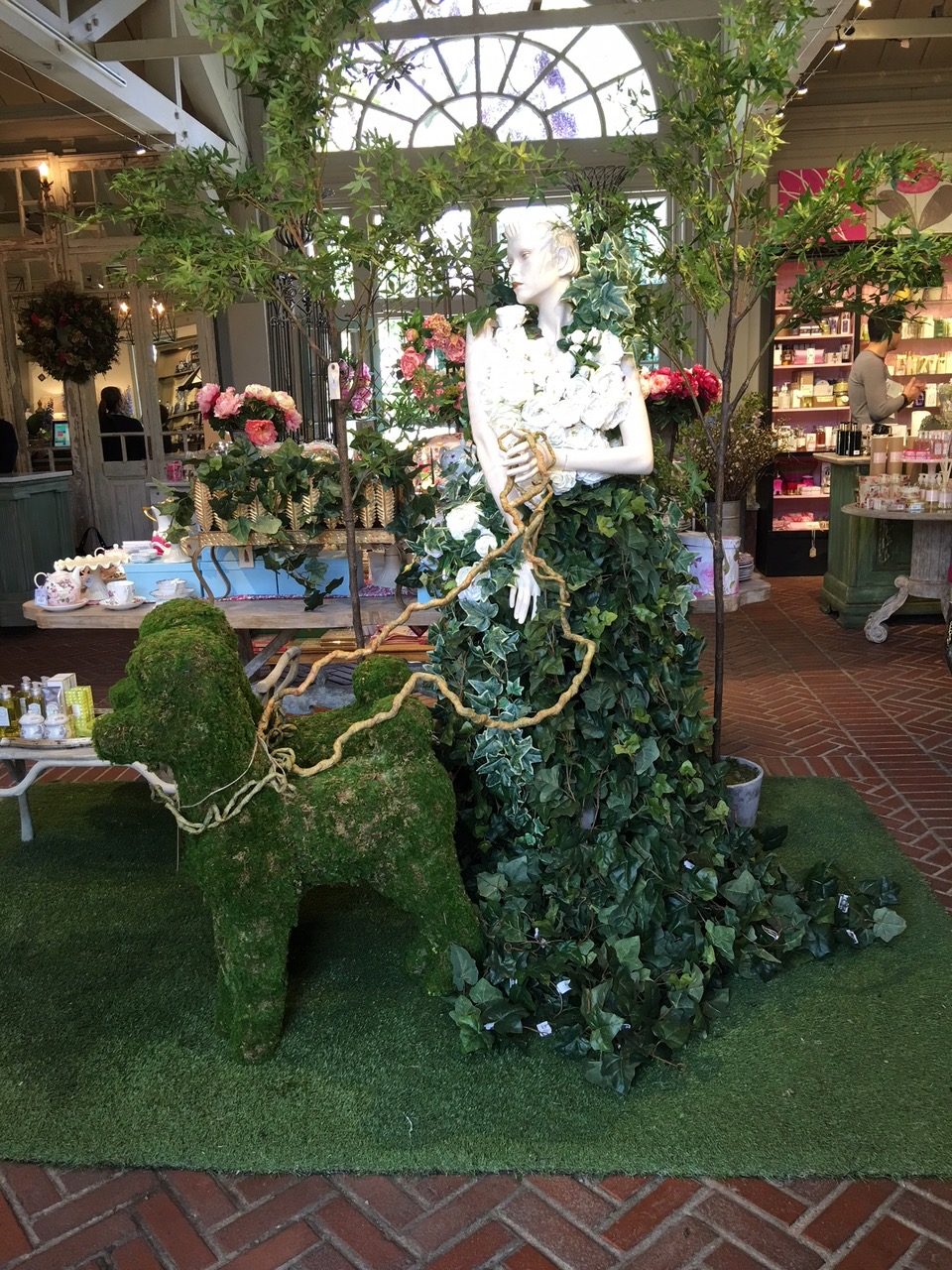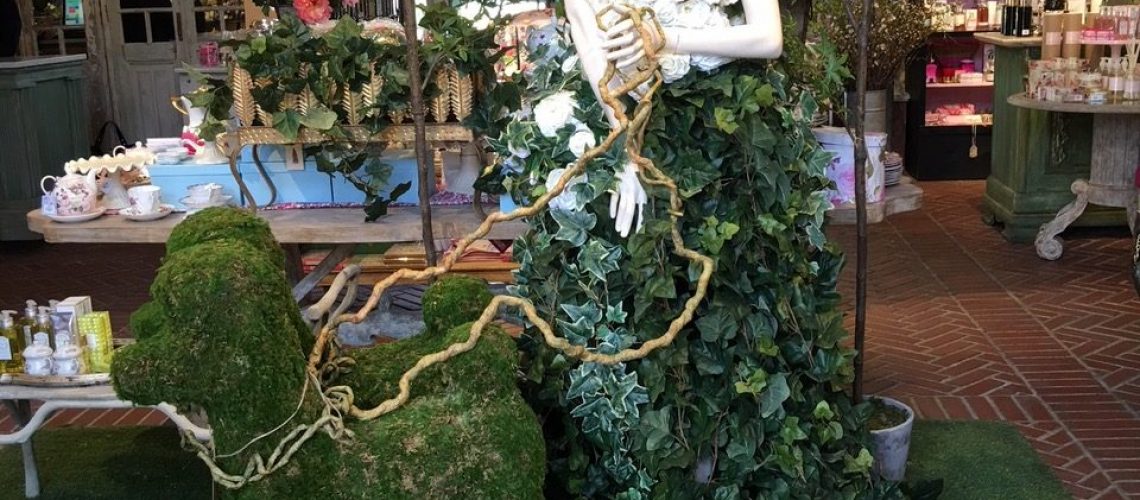Between stimulus and response there is a space. In that space is our power to choose our response. In our response lies our growth and our freedom.
— Viktor Frankl
Many of our most vivid holiday memories are centered around food. When I was growing up in Communist Poland, we had feasts twice a year, on Christmas and Easter. But otherwise we ate very plainly, with no extravagance and indulgence. We looked forward to exotic holiday foods like oranges, figs, walnuts and hazelnuts—treats that are all so readily available today.


What I remember the most is the anticipation and the excitement in the atmosphere. We would make our own holiday ornaments and garlands from paper, hanging chocolates and apples with tin foil, innovating with our creativity to make the tree that my brothers would buy special. (My baby brothers would slyly steal treats from inside the foil, plumping it up again afterwards to give the illusion that nothing had been taken.) There were special dishes we only had for feasts: holiday borscht, steamed carp with almonds and raisins, dumplings filled with sauerkraut and wild mushrooms, poppy seed cake, with stories to accompany the long cooking process that scented the whole house.
Our challenge now, in these times, is to avoid feasting every day. The holidays are really about the ambiance we create—the warmth of being with family who’ve come from far away, taking time to tell stories and share old memories, joking with one another and feeling the joy of connection. We still love to shower our loved ones with gifts and special treats. It can also be a time of reconciliation, an occasion to make peace and forgive old wounds. The holiday spirit makes us softer.


With all the nostalgia and emotion that comes with the holidays, it’s easy to turn into a lunatic, overindulging in shopping, eating, and consuming. The New York Post recently wrote that Americans throw away 16 billion worth of Christmas presents every year. It’s sickening. How can we avoid getting caught up in the madness? I like to focus on giving practical and inspirational presents, something that people can use or draw sustenance from—socks, gloves, scarves, books, a small piece of special jewelry, a carefully chosen scented candle or perfume.
We also need to be mindful of the danger of rampant holiday eating when food is literally on offer everywhere. If you strategize that you won’t stray from the food plan, you’ll see that you don’t really need extra snacks to enjoy the holidays. You can choose your indulgence—like one very good chocolate with a cup of coffee, for instance. We need to remember that eating isn’t really an activity, not like solving puzzles, playing board games, going for walks with grateful pets or just taking time to enjoy catching up with old friends and family. Eating too many Christmas cookies is never as wonderful as venturing out ice skating or bowling or going to a museum to have lunch and spend the day. Even if you’re not active in a religion you can attend a holiday service or choral concert. Holiday cooking can be joyful, as long as it’s mindful—a creative expression to nurture others, instead of just an excuse to overindulge.

The holidays can also be a little lonely at times, especially for those going through tough times or separated from the ones they love. Instead of falling into a dark place of isolation, it’s important in these instances to reach out and stay engaged. There are many ways to volunteer, help others, or invite someone over who might be feeling lonely too. The holiday spirit is fed by being mindful of others and acknowledging and cherishing that we’re all having the human experience together.
DEEPER CONTEMPLATION
What holiday activities and traditions do you treasure? Do you do different things over the holidays than you used to? How do you anchor yourself and stay mindful and spirited without falling into overindulgence?
Leave your response below in the comments.



Overindulgence has always been an issue for me. I’m the all or nothing type I found out recently (thanks to being more mindful). I eat no refined carbs at all or I binge. There is no in-between somehow.
So my approach for the holidays is simple: binge for two days and eat zero refined carbs all other days.
Mark, it sounds like you and Jerzy have a lot in common. He used to have all or nothing, or black or white approach. Although over the years I’ve seen big changes in him, compromizing, finding more of the gray area. If he can change I feel anyone can.
My overindulgence is decorating in everything Christmas, creating a whimsical atmosphere where the spirit of childlike wonder can be tapped into at any given time. I do go over the top, but I realize it’s for a brief period of time, which serves to give appreciation for the remainder of the year. Food is secondary, with the joy of warmth and special scents filling in the air. I’ve learned that the best foods are those I make myself.
Lisa I can relate to this. Especially when you have a child or you are around children, decorating and creating an ambiance is a fun, creative endeavor.
I find I am less focused on things, more focused on experiences. I am even less concerned that we don’t put up a tree if we have decided to travel to kids/grandkids for the holidays. That money can go to a festival of lights for all of us to enjoy, a Messiah Sing-Along, or a round of Christmas caroling in the neighborhood together with friends and family.
Jill,
Would you agree that this kind of wisdom, you’ve gained, oftentimes comes with age? It’s more of a personal culture that you create – understanding what you care about and following your feelings as well as your budget.
This is a refreshing reminder to be mindful.
Sadly, I am encouraged to indulge far too often each holiday. If not by my monkey brain self then at work, by TV, billboards, radio, FB and Google, or screen “addicted” friends and family. They are very clever, billions in R&D, A.I., and compelling (stimuls is an under statement). Often, it seems, new normal and joy is to over consume, spend, upgrad and binge on everything they wish to exploit.
Alcoholics Anonymous reminds us that most of us are “powerless” against such addictive forces. If VF was alive today he may revise his quote to “….. unless short circuited by the algorithm of addiction.”
So, daily dose of THB is more necessary than ever as the attacks of stimulus grow even more frequent and become resistant and weaken my past cures. I’m only human with finite locks.
Sad truth Kev. The dark masters are at work, at their best with understanding of psychology and human behavior. It’s hard to be immune to all the external influences because we live in a society. The only way is to stay immutable, lead a simple and sustainable life of enough.The good thing is that you as well as most of The Happy Body practitioners are already aware of that, taking control of their lives. Stoic like: recognizing things we can control and exercising that control, and acknowleging things we can’t and agreeing on that. We become what we practice.
I have been participating in a program that focuses on, among other things, mindfulness and the physical cues of hunger and satisfaction. I have a new appreciation for simple things. One exercise that stood out for me was about taking 15 minutes to eat a tablespoon of raisins. They were wonderful!! And I didn’t want to eat them again for a week, because I had so thoroughly enjoyed them.
I am trying to bring that same level of mindfulness to many activities. I sure get lots of opportunities to practice bringing my attention back to what I’m supposed to be paying attention to. The mind runs and wanders and stops and starts like a little kid in a toy store. There’s always the opportunity to point out the thing that we came for, though, and to make a few more steps toward that.
Joanna, years ago we had the privilege and pleasure to study with a wonderful Vietnamese teacher and Zen Master, Thich Nhat Hanh, who lives in Plum Village, France now. He wrote many books which are delightful if you appreciate simplicity. What you describe is what he teaches, true sense of being mindful in every moment in life; eating, walking, washing dishes, playing with your child or pet, etc. You can not be more alive and peaceful when you do that. Only with the present action we can change the future.